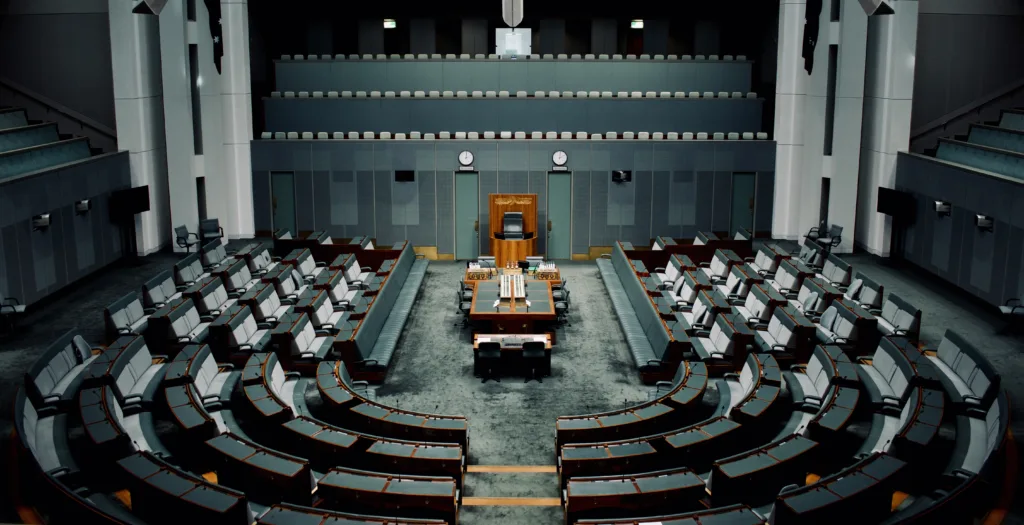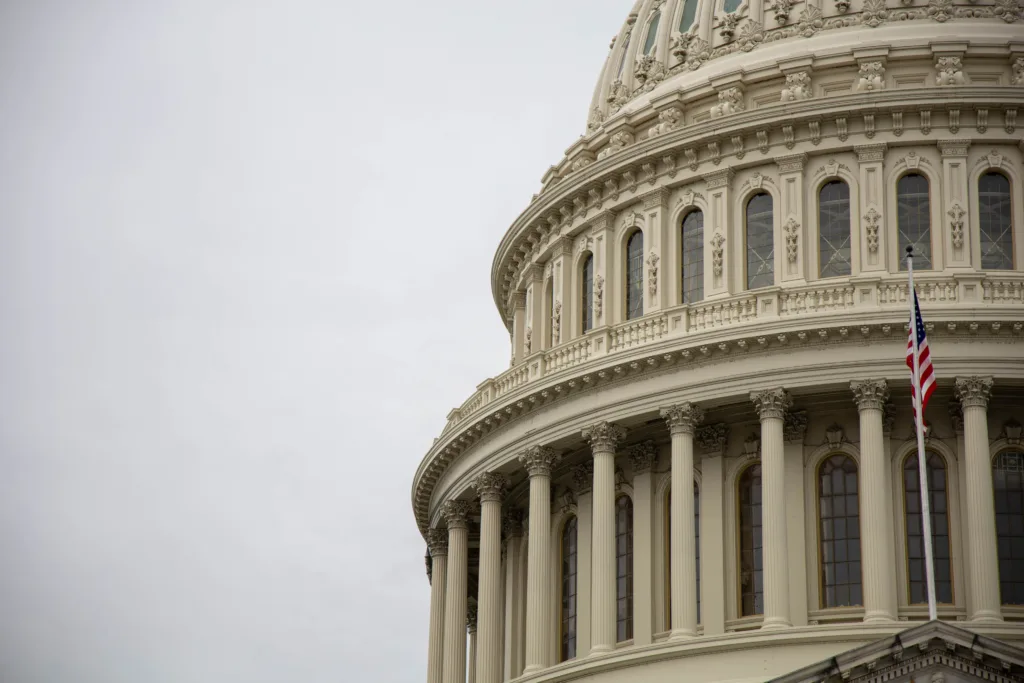The United States Constitution clearly outlines the powers that are delegated to the national government, while also reserving certain powers to the states. These reserved powers are an important aspect of the federal system, as they allow states to govern themselves and make decisions that are best suited for their individual needs. Let’s take a closer look at some examples of reserved powers.
One of the most significant reserved powers of the states is the ownership of property. This includes not only state-owned property but also the ability to regulate and control private property within state boundaries. For example, states can pass laws that regulate the use of land, including zoning laws, environmental regulations, and building codes.
Another important reserved power of the states is the education of inhabitants. This includes the authority to regulate public schools, charter schools, and private schools within state boundaries. States can set curriculum standards, establish teacher certification requirements, and determine funding levels for education.
States also have the power to implement welfare and other benefits programs and distribute aid to thoe in need. This includes programs such as Medicaid, food assistance, and unemployment benefits. States can also set eligibility requirements for these programs and determine how they are administered.
A key reserved power of the states is the responsibility for protecting people from local threats. This includes the ability to establish and maintain police forces, fire departments, and emergency response teams. States can also pass laws that regulate firearms and other dangerous weapons.
States have the authority to maintain a justice system, including the power to establish and enforce criminal and civil laws within state boundaries. This includes the establishment of state courts and the appointment of judges.
States have the power to set up local governments such as counties and municipalities. This includes the ability to establish local laws and regulations, levy taxes, and provide essential services such as water and sanitation.
Reserved powers are an essential part of the federal system, allowing states to govern themselves and make decisions that are best suited for their individual needs. These powers include ownership of property, education, welfare and benefits programs, protection from local threats, maintaining a justice system, and setting up local governments. By recognizing and respecting the reserved powers of the states, the United States government can ensure a balance of power between the national government and the states, promoting a healthy and functional federal system.
What Are 5 Examples Of Reserved Powers?
Reserved powers are those powers which are not explicitly stated in the US Constitution as being held by the federal government, and are therefore left to the individual states to manage. Here are 5 examples of reserved powers:
1. Ownership of property: The states have the power to regulate and manage property within their borders, including managing public lands and natural resources.
2. Education of inhabitants: The states have the power to set standards for their own education systems, including curriculum, teacher certification, and school funding.
3. Implementation of welfare and other benefits programs and distribution of aid: The states have the power to manage and distribute certan social welfare programs, such as Medicaid, food stamps, and public housing.
4. Protecting people from local threats: The states have the power to manage and respond to local emergencies, such as natural disasters or public health crises.
5. Maintaining a justice system: The states have the power to manage their own justice systems, including setting laws and regulations, establishing courts, and enforcing criminal and civil penalties. Additionally, the states have the power to regulate local law enforcement agencies and establish their own criminal justice policies.

What Are 2 Examples Of Powers Reserved For The Federal Government?
The U.S Constitution grants certain powers to the federal government while reserving others for the states. Two examples of powers reserved for the federal government are the power to regulate interstate commerce and the power to establish and maintain a national defense. The regulation of interstate commerce allows the federal government to oversee economic activities that cross state lines, such as trade and transportation. This power is important for ensuring a fair and efficient national economy. The power to establish and maintain a national defense includes the responsibility to raise and support armies, proide for the common defense, and protect the country against foreign threats. This power is critical for maintaining national security and safeguarding the safety of U.S citizens.
What Is Reserved Powers In Government?
Reserved powers, in the context of government, refer to the powers that are not granted to the federal government by the Constitution nor prohibited by it to the states. These powers are reserved to the states or to the people. This means that in cases where the Constitution does not explicitly grant a power to the federal government, that power is retained by the states or the people. Examples of reserved powers include the power to regulate intrastate commerce, conduct elections, establish local governments, and issue licenses. The concept of reserved powers is an important aspect of the federal system of government in the United States, which is based on a division of powers betwen the national government and the individual states.
What Are Examples Of Reserved And Concurrent Powers?
The United States Constitution outlines three types of powers: delegated, reserved, and concurrent. Reserved powers are those that are exclusively held by the states, while concurrent powers are those that are shared by both the national government and the states.
Some examples of reserved powers of the states include regulating trade within state borders, establishing local governments, conducting elections, and providing for public health and safety. States also have the power to claim private property for public use, such as for the construction of highways or public parks.
Concurrent powers, on the othr hand, include regulating commerce, taxing citizens and businesses, and establishing courts. Both the national government and the states have the power to regulate alcoholic beverages, define crimes and set punishments, and govern US territories and admit new states.
It is important to note that while concurrent powers are shared by both the national government and the states, the Supremacy Clause of the Constitution gives precedence to federal laws over state laws in cases of conflict.

Conclusion
Reserved powers refer to the powers that are not specifically granted to the federal government by the Constitution, but raher are reserved for the states or the people. These powers enable the states to govern themselves and maintain their individual identities. Examples of reserved powers include the right to govern local affairs, regulate commerce within their borders, establish and maintain a justice system, and provide education and welfare programs for their citizens. It is important to understand these reserved powers, as they play a critical role in maintaining the balance of power between the federal government and the states, as well as ensuring that the needs and interests of individual states are addressed.
